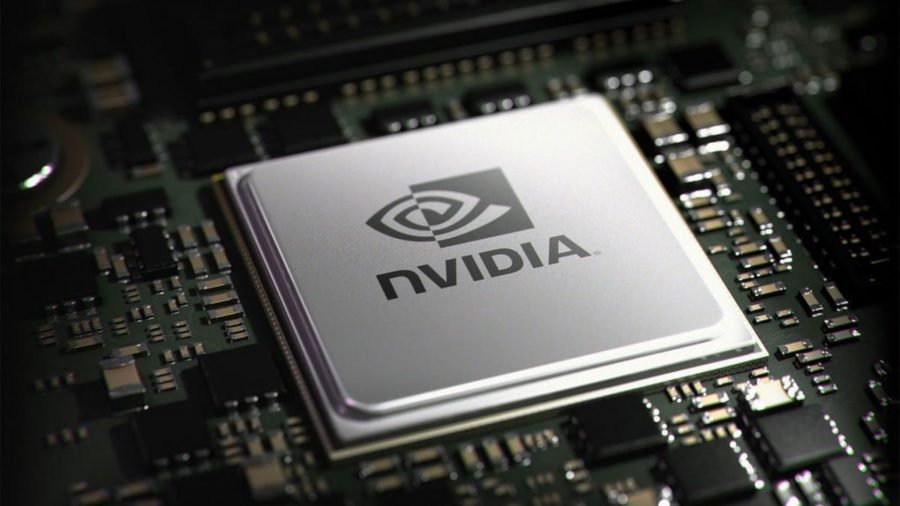
China just called out Nvidia over suspected backdoors in its H20 AI chips. yet another sign that the tech cold war between the U.S. and China is far from cooling down.
The H20s are custom AI GPUs Nvidia built specifically for China, based on its powerful Hopper architecture. These chips are fast and AI-ready, but come with stripped-down features to keep things in line with U.S. export restrictions. The idea? Give China solid performance, without giving up too much strategic advantage.
But here’s where it gets interesting.
Just recently, the U.S. quietly lifted its export ban on these chips, letting Nvidia sell them again in China. That looked like a win for everyone, until Beijing stepped in with its own move. Now, China’s government is making it clear: if you’re a foreign tech company selling advanced hardware on Chinese soil, you’re going to be under the microscope.
On July 31, 2025, China’s Cyberspace Administration summoned Nvidia over what it claims are security red flags in the H20s. The concern? That the chips might come with hidden tracking, remote shutdown features, or other sneaky stuff that could let someone on the other side of the planet interfere with local systems.
“Recently, serious security issues with Nvidia’s computing chips have been exposed,” the CAC said in an official statement. “U.S. lawmakers have already pushed for export chips to include tracking and shutdown capabilities. Experts say Nvidia’s chips already support this tech. So we’re asking the company to explain the potential risks and submit technical documentation, in line with China’s cybersecurity and data protection laws.”
This comes just as the U.S. is pushing for the Chip Security Act, a bill that could force American companies to add GPS-like tracking to chips sold abroad. Not surprisingly, China’s not thrilled about that idea, especially when it comes to critical AI hardware. The fear is that foreign chips could be used not just to spy, but also to remotely shut down or cripple Chinese systems.
Nvidia, for its part, says there’s nothing shady going on. A company rep said flat-out: “We don’t put backdoors in our chips. Period.” That might not be enough to calm Chinese regulators, though, especially with national security being used as the go-to excuse on both sides.
What’s next? Likely, Nvidia will need to hand over detailed tech docs, maybe even let Chinese agencies audit parts of the chip stack. And if things don’t check out? China could block the H20 altogether or at least push even harder for local alternatives like Huawei’s Ascend chips.
